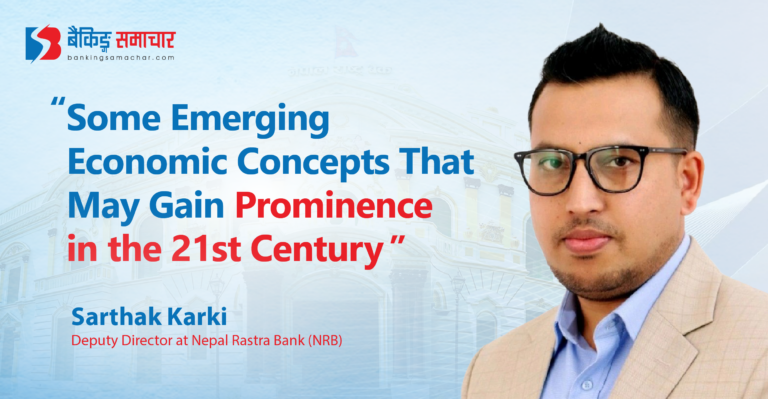The distinction between mainstream (orthodox) and alternative (heterodox) economic theories is a product of time. An idea once considered unconventional can become mainstream, while today’s dominant theory may lose relevance in the future.
For instance, classical economics in the 18th and 19th centuries focused primarily on microeconomic issues, particularly the theory of value and cost-of-production-based pricing. The works of Adam Smith, David Ricardo, John Stuart Mill, and Karl Marx provide clear evidence of this focus. However, by the 20th century, economic methodology shifted from average cost to marginal cost methods, and after the Great Depression (1929-1939), macroeconomics gained prominence.
Economic theories continue to evolve in the 21st century. Issues like the distribution of production output, once central to Ricardo and Marx’s work, faded in importance during the 20th century but have regained relevance today. Institutions like the World Bank and the International Monetary Fund emphasize economic inequality, and economists such as Thomas Piketty have dedicated their research to this issue.
In this context, this article explores some of the emerging economic concepts that may shape the 21st century.
1. Behavioral Economics
Behavioral economics is likely the most promising branch of economics in the 21st century. Since 2000, two of its leading scholars—Daniel Kahneman (2002) and Richard Thaler (2017)—have won Nobel Prizes, highlighting its growing importance.
This field studies real-world decision-making and choices individuals make among available options, placing it under microeconomics. Unlike neoclassical economics, which is based on unrealistic assumptions about rational decision-making, behavioral economics uses scientific methods and experimental studies to observe actual human behavior.
Neoclassical economics assumes that individuals have complete knowledge, make fully informed choices, and consistently select the best options based on their preferences. However, behavioral economics reveals that people often lack complete information, make inconsistent choices, and are influenced by external factors and emotions.
For example, Kahneman and Amos Tversky’s Prospect Theory demonstrates that people tend to avoid risk when gaining but take more risks when facing losses, showing systematic inconsistencies in decision-making.
Thaler distinguishes between “Econs” (rational beings in neoclassical models) and “Humans” (real-world individuals with biases and limited information). As behavioral economics is based on experimental validation rather than theoretical assumptions, it has the potential to replace neoclassical economics in the long run.
2. Libertarian Paternalism
A major challenge in economics is balancing economic policy recommendations with individual decision-making rights. Issues such as mandatory helmet laws for motorcyclists or government interventions in the economy illustrate this dilemma.
Richard Thaler and Cass Sunstein provide a pragmatic solution in their book Nudge through the concept of Libertarian Paternalism. This theory maintains individual freedom while allowing gentle interventions to guide people toward better choices.
A “nudge” is a subtle prompt encouraging optimal decisions without restricting freedom. For example, enrolling employees in social security plans by default while allowing them to opt out ensures better retirement planning without coercion.
Libertarian paternalism argues that governments should only nudge individuals in cases where clear benefits exist. This principle holds particular relevance for democratic societies where personal freedom is both a means and an end.
3. Rule-Based Economic Policies
Milton Friedman was a key proponent of rule-based economic policies, arguing that economic management should be governed by clear rules rather than discretionary decision-making by policymakers.
For instance, Friedman’s K% Rule proposed that the money supply should grow at a fixed rate aligned with GDP growth rather than being adjusted at policymakers’ discretion. He attributed the Great Depression to poor Federal Reserve policies and advocated for predictable monetary policy to prevent economic instability.
However, events like the 2007 global financial crisis and the COVID-19 pandemic have demonstrated that central banks play a critical role in stabilizing economies beyond controlling inflation. The rise of financial capitalism has further emphasized the importance of interest rates and monetary policy in economic management.
While complete rule-based policies may not always be feasible, a structured approach to economic decision-making remains a crucial consideration in modern policy discussions.
The evolution of economic thought continues in the 21st century. As global economies navigate increasing complexities, emerging concepts like behavioral economics, libertarian paternalism, and rule-based policies are likely to shape the future of economic governance and decision-making.



 About Us
About Us
Comment